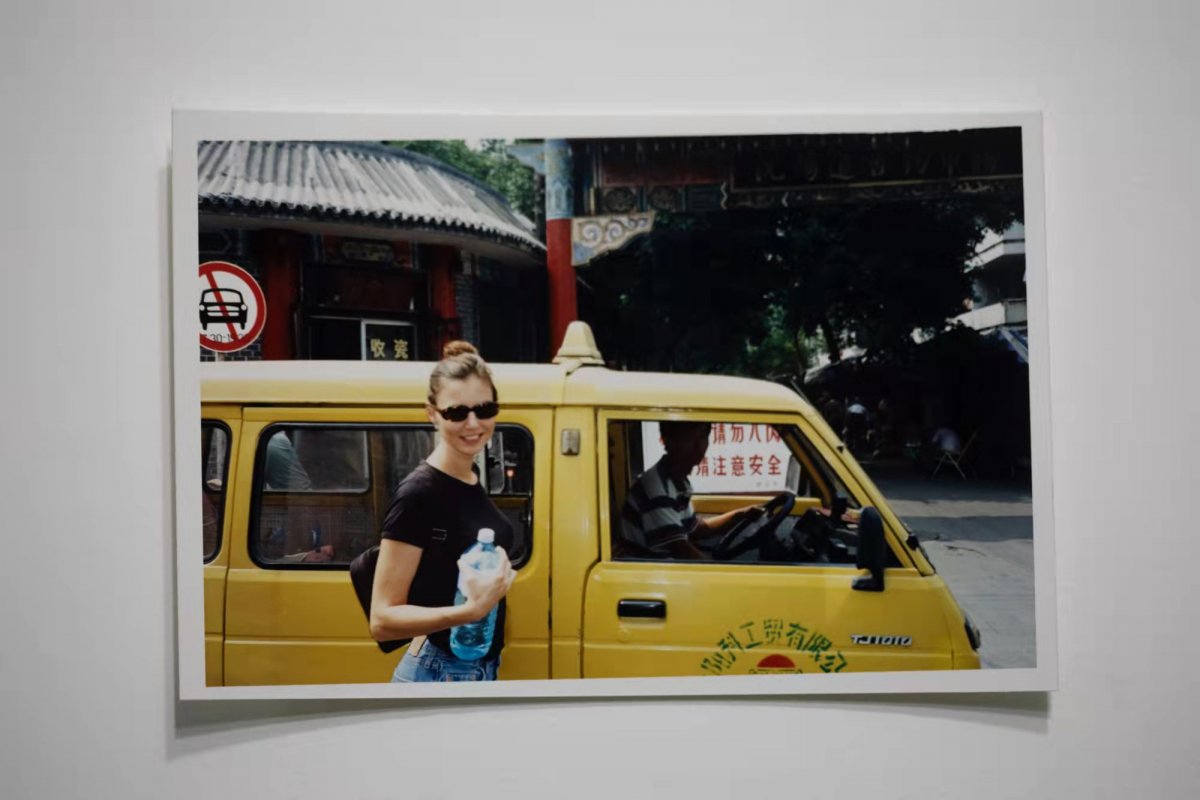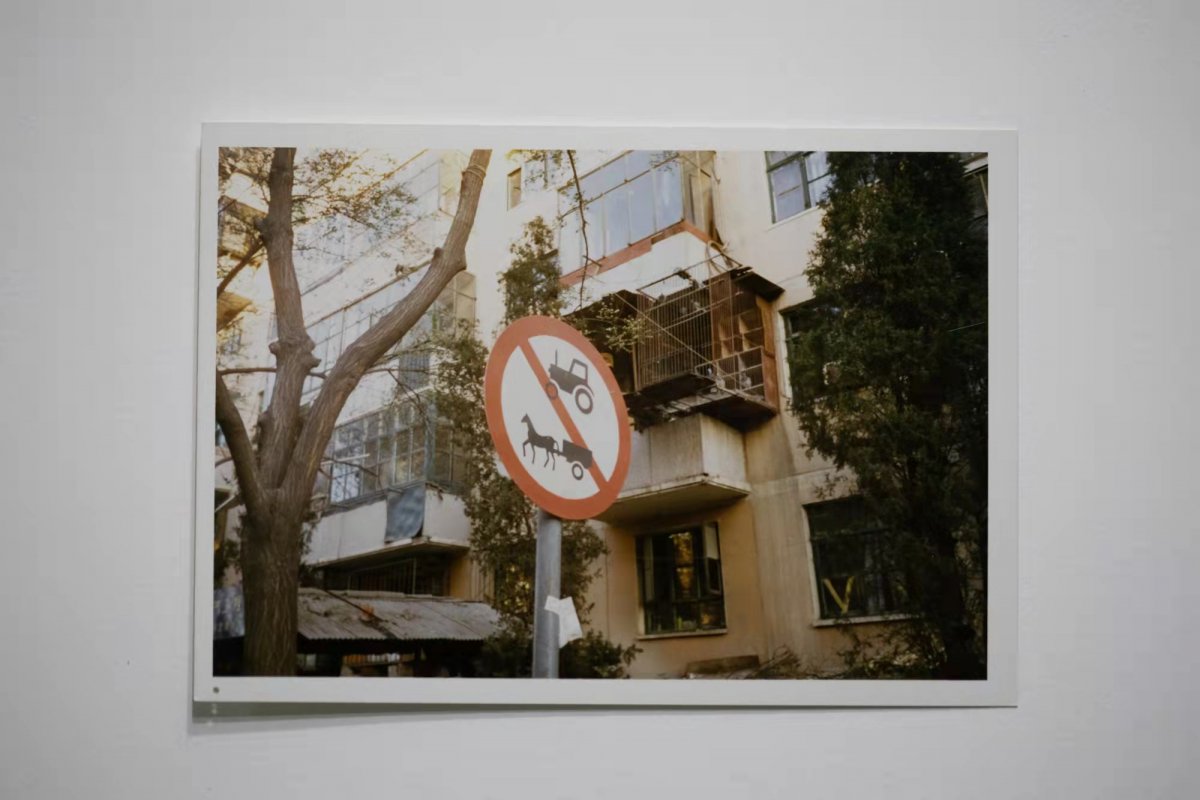20 for 20: Restaurateur & Life Coach Eva Biörck
As we continue our celebration of 20 years of The Beijinger, we’re taking a closer look at some of the expats who have been here for two decades and those who have had an oversized impact during their stay.
Restaurant owner Eva Biörck is, like many expats who have come to China over the years, someone who didn’t originally intend to stay for the long-term. Hailing from Sweden, she arrived in Beijing after landing a job with an airline company.
Originally intending to stay for short time, she’s called the capital home for more than 20 years now. Since settling down, she’s co-founded a design acessories businness, opened three restaurant brands with her husband -- Mosto, café chain Moka Bros, and Latin bar La Social -- and, more recently, has gotten into life coaching.

When did you come to Beijing and what brought you here?
I moved to China in 1996. I moved here originally after studying East Asian studies in college back in Sweden. I was drawn to the culture, history, and the element of unknown. After college I got a job with Scandinavian Airlines and moved to Beijing. I think what I really was looking for was an adventure. China didn’t disappoint.
What were some of your first impressions of the city?
I used to live very close to Lama Temple and the hutong life really made a big impression on me. The elderly people playing Chinese chess on the street or practicing taichi in the morning, the sound of pigeons, all the street food, and just the peaceful, special pace of life you can only find in the hutongs.

Did you imagine at that time that you’d still be here more than 20 years later?
No it was not my plan to stay long-term. I told my family I’d give it a year and then I would move back to Sweden. But instead, life had a different adventure in store for me in China. After some years with Scandinavian Airlines, I left to start my interior decoration company, called Chang & Biörck, with a friend. Eventually we opened two shops, one in Sanlitun Taikooli and the other one in Indigo. A few years into running that first business, I met my husband and we opened our first restaurant – Mosto – in 2008 together with Daniel Urdaneta, and it’s been a ride since. In the 13 years since we’ve opened Moka Bros (which now has eight restaurants in Beijing, Shanghai and Chengdu) and La Social.
Tell us about one of your quintessential first experiences in the city.
One of my most quintessential, random “only in China” moments was when I was taking salsa classes. Out of the blue, cigarette brand 555 asked us to perform at Worker’s Stadium in front of thousands of people.
What’s changed the most since you first arrived?
So much has changed. High-rises and huge shopping malls have replaced so many quaint neighborhoods and communities. Millions of bikes have been replaced by millions of cars. When I first arrived, it was common to see donkeys and carts on the Third Ring Road. Likewise, when I first came to Beijing, there were only two subway lines – Line One and Line Two. Now you can go almost anywhere by subway. Back then, of course, there were no mobile phones. I remember frequently using the convenient “gong yong dianhua”in the Xiaomaibus you could find on every street corner. Grocery shopping for fruits and vegetables meant visiting the market just outside my apartment near Tuanjiehu.

When I first arrived, there was no such thing as Jenny Lou’s. “Jenny” was literally a woman sitting on the street selling American breakfast cereal. If I wanted cheese and bread, I’d have to venture out to the Friendship Store. Western restaurants were five-star hotel restaurants or McDonald’s, which was my Western food treat.
There was no Taikooli, the whole area was one big street market. When we opened Mosto in 2008, we were one of the first restaurants in Nali Patio, and certainly the oldest in the building now. Today, Western dining options in Beijing are almonst endless.

How you do think Beijing has changed you as a person?
I think living in a very different culture from my own, as well as being surrounded by such a diverse group of people, has had a huge impact on me. I think open mindedness and flexibility are both qualities I have learned from living in Beijing.
I feel like my Beijing years are almost like dog years. You can change so much more here than you could in a normal lifetime anywhere else. I went from embarking on my corporate journey back in 1996, and since then I’ve opened my own interior accessories business, Chang & Biörck, opened 20 restaurants (and closed quite a few), and now, following an inkling that has been on the backburner for quite some time, I’m also a life and career coach.
What’s the main reason or reasons why Beijing continues to be a draw for you to this day?
I will always love the people and the energy this city has! But ultimately, Beijing has become my home. My children were born here, this is where I have my business and my close circle of friends. While the transitional nature of Beijing can be heartbreaking at times, it attracts amazing talent, keeps you on your toes and inspires you to keep on learning and be flexible to change. I feel a deep connection and appreciation for this city and its people, it has really given me everything I have.

Name your three favorite places in the city (aside from your home) They could be restaurants, parks, cafes, tourist attractions, neighborhoods, experiences, etc.
I still love just walking around in the hutongs, but my kids are not as thrilled by it as I am. They prefer exploring the parks and I love discovering different places with them. The parks do all have their own beauty and different draws. I also enjoy climbing the “mountain” in Jingshan Park and looking out over the Forbidden City. That view never ceases to amaze me.
However, by far the best place for me to relax and reenergize, is at my cottage up by Jiankou. It’s a little courtyard house out by the Wild Wall that we renovated ten years ago. It’s simple, it has a fire place, a kang bed where we all sleep together, a view of the Wall, and I love it.
What’s one piece of advice you have for relatively recent arrivals (within the last year)?
Keep an open mind and stay curious!
Are you still doing what you came here to do, 20 years ago?
While my career has changed and evolved over the years, in a personal sense, yes. I think I’m still on an adventure and I am still learning from this incredible city.
READ: 20 for 20: Photographer & Actress Anaïs Martane
Images courtesy of Eva Biörck







